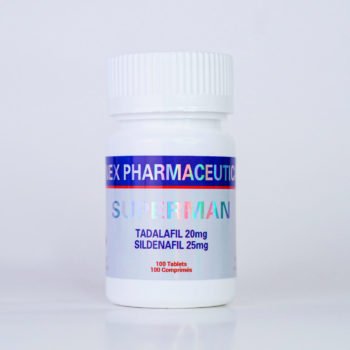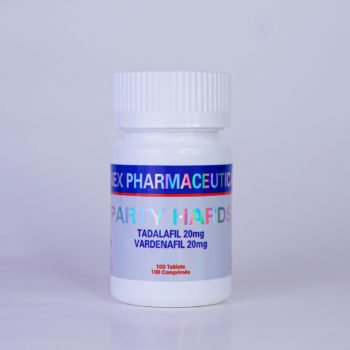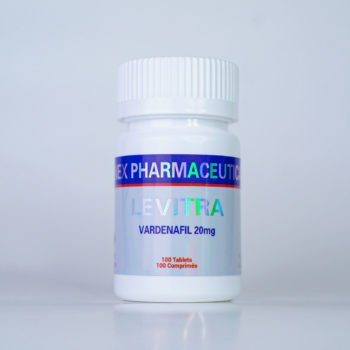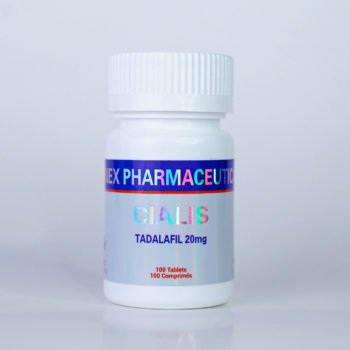Description
Ivermectin is a broad-spectrum antiparasitic medication initially created for veterinary use but later adapted for human treatment of numerous parasitic infections. In 2014 alone, more than 250 million people were treated with Ivermectin for conditions like River Blindness, Lymphatic Filariasis, and Onchocerciasis. In recognition of its global impact, the Nobel Prize in Physiology or Medicine was awarded in 2015 to the scientists who developed it. Beyond its antiparasitic uses, Ivermectin has demonstrated anti-inflammatory, immune-regulating, and even anticancer potential. It operates by targeting glutamate-gated chloride channels—structures found in parasites but absent in humans—resulting in paralysis and death of the organism.
Antiparasitic Uses of Ivermectin:
Mechanism of Action:
Ivermectin attaches to specific ion channels within parasites, leading to a surge of chloride ions that immobilizes and eventually eradicates the invader. It is effective against:
Intestinal parasites such as Strongyloides stercoralis and Ascaris lumbricoides
Ectoparasites like lice, mites, and scabies
Filarial infections caused by Wuchereria bancrofti
Efficacy:
Ivermectin has a well-documented history of treating serious parasitic infections, including River Blindness and Lymphatic Filariasis. Its broad efficacy and reliability have made it a cornerstone of global parasite control initiatives.
Safety Profile:
Generally safe when taken as prescribed, Ivermectin’s side effects are usually mild—dizziness, nausea, or diarrhea. Severe reactions are rare and typically associated with co-infections like Loa loa.
Synergy with Fenbendazole:
Ivermectin complements Fenbendazole by disrupting the nervous systems of parasites while Fenbendazole interferes with cellular integrity. Used together, they may accelerate recovery and improve treatment outcomes for complex infections.
Ivermectin as a Potential Anti-Cancer Agent:
Mechanisms in Cancer Therapy:
WNT/β-catenin Pathway Inhibition: Suppresses a major growth signaling route in cancer cells
Apoptosis Induction: Triggers programmed cell death in tumor cells
Angiogenesis Inhibition: Restricts blood supply to tumors
Autophagy Regulation: Encourages cellular self-cleaning processes that help destroy cancer cells
Types of Cancer Studied:
Breast cancer
Glioblastoma
Colorectal cancer
Melanoma
These effects have been mostly observed in lab and early-stage research. Further human trials are needed to confirm therapeutic applications.
Combination Therapy Potential:
When paired with Fenbendazole or conventional chemotherapy, Ivermectin may increase cancer cell sensitivity to treatment and potentially boost results.
Anti-Inflammatory & Immune-Regulating Effects:
Inflammation Control:
Ivermectin helps lower levels of pro-inflammatory cytokines like IL-1β and TNF-α, making it a promising agent for autoimmune and chronic inflammatory diseases such as rheumatoid arthritis and inflammatory bowel disease.
Immune Support:
This drug may assist in modulating immune system function, improving immune response against infections and rebalancing dysregulated immunity in chronic conditions.
Additional Benefits:
Antiviral Properties:
Early studies suggest Ivermectin may inhibit viral replication in several viruses, including:
SARS-CoV-2
Dengue virus
West Nile virus
Although promising, its antiviral role is still under clinical review.
Neuroprotective Effects:
Due to its anti-inflammatory actions in the brain, Ivermectin may offer protection against neurodegenerative diseases.
Support in Chronic Illnesses:
As an adjunctive therapy, Ivermectin’s immune and inflammation-modulating properties could complement treatment of conditions like Lyme disease or chronic fatigue syndrome.
Ivermectin is a versatile, well-established antiparasitic drug with expanding potential in areas like cancer treatment, inflammation control, immune modulation, and even viral defense. Its mechanisms—ranging from parasite paralysis to cellular signaling disruption—offer exciting prospects for new therapeutic applications. While more research is necessary, current evidence supports Ivermectin’s remarkable and growing role in modern medicine.













Reviews
There are no reviews yet.